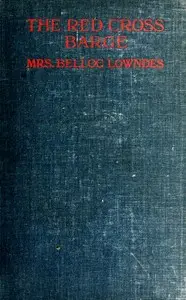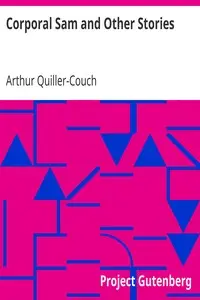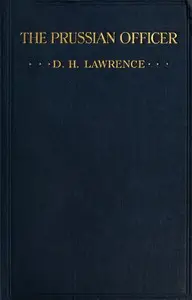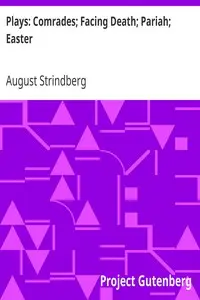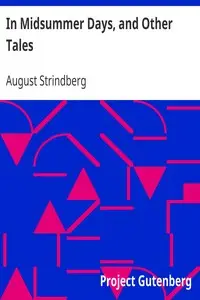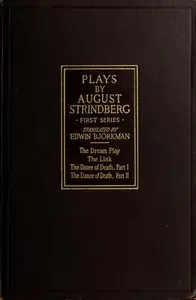"The German Lieutenant and Other Stories" by August Strindberg is a compilation of short narratives from the end of the 1800s. The first story, "The German Lieutenant," centers on Lieut. Von Bleichroden, a Prussian officer during the Franco-Prussian War, who wrestles with tough moral issues and the impact of war on his sense of right and wrong. The collection explores ideas about responsibility, personal morals compared to what society expects, and the mental effects of conflict. Early in the first story, readers meet Von Bleichroden, who is in a small French café soon after the Battle of Sedan. As he writes to his wife about missing home and worrying about fighting, his inner struggle is obvious. He thinks about the harsh realities of war, like the killing of three captured French fighters. Tensions rise as he talks to the local priest, who begs him to be kind, forcing the lieutenant to deal with his split role as a soldier and someone struggling with the stress of his choices; this start sets the stage for examining inner thoughts amid the chaos of war throughout the collection.
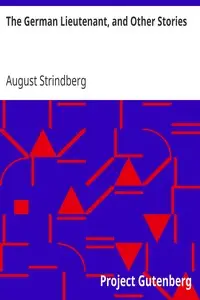
The German Lieutenant, and Other Stories
By August Strindberg
Caught between duty and conscience, a soldier confronts the heavy burden of war's moral dilemmas.
Summary
About the AuthorJohan August Strindberg was a Swedish playwright, novelist, poet, essayist, and painter. A prolific writer who often drew directly on his personal experience, Strindberg wrote more than 60 plays and more than 30 works of fiction, autobiography, history, cultural analysis, and politics during his career, which spanned four decades. A bold experimenter and iconoclast throughout his life, he explored a wide range of dramatic methods and purposes, from naturalistic tragedy, monodrama, and historical plays to his anticipations of expressionist and surrealist dramatic techniques. From his earliest work, Strindberg developed innovative forms of dramatic action, language, and visual composition. He is considered the "father" of modern Swedish literature and his The Red Room (1879) has frequently been described as the first modern Swedish novel. In Sweden, Strindberg is known as an essayist, painter, poet, and especially novelist and playwright, but in other countries he is known mostly as a playwright.
Johan August Strindberg was a Swedish playwright, novelist, poet, essayist, and painter. A prolific writer who often drew directly on his personal experience, Strindberg wrote more than 60 plays and more than 30 works of fiction, autobiography, history, cultural analysis, and politics during his career, which spanned four decades. A bold experimenter and iconoclast throughout his life, he explored a wide range of dramatic methods and purposes, from naturalistic tragedy, monodrama, and historical plays to his anticipations of expressionist and surrealist dramatic techniques. From his earliest work, Strindberg developed innovative forms of dramatic action, language, and visual composition. He is considered the "father" of modern Swedish literature and his The Red Room (1879) has frequently been described as the first modern Swedish novel. In Sweden, Strindberg is known as an essayist, painter, poet, and especially novelist and playwright, but in other countries he is known mostly as a playwright.

